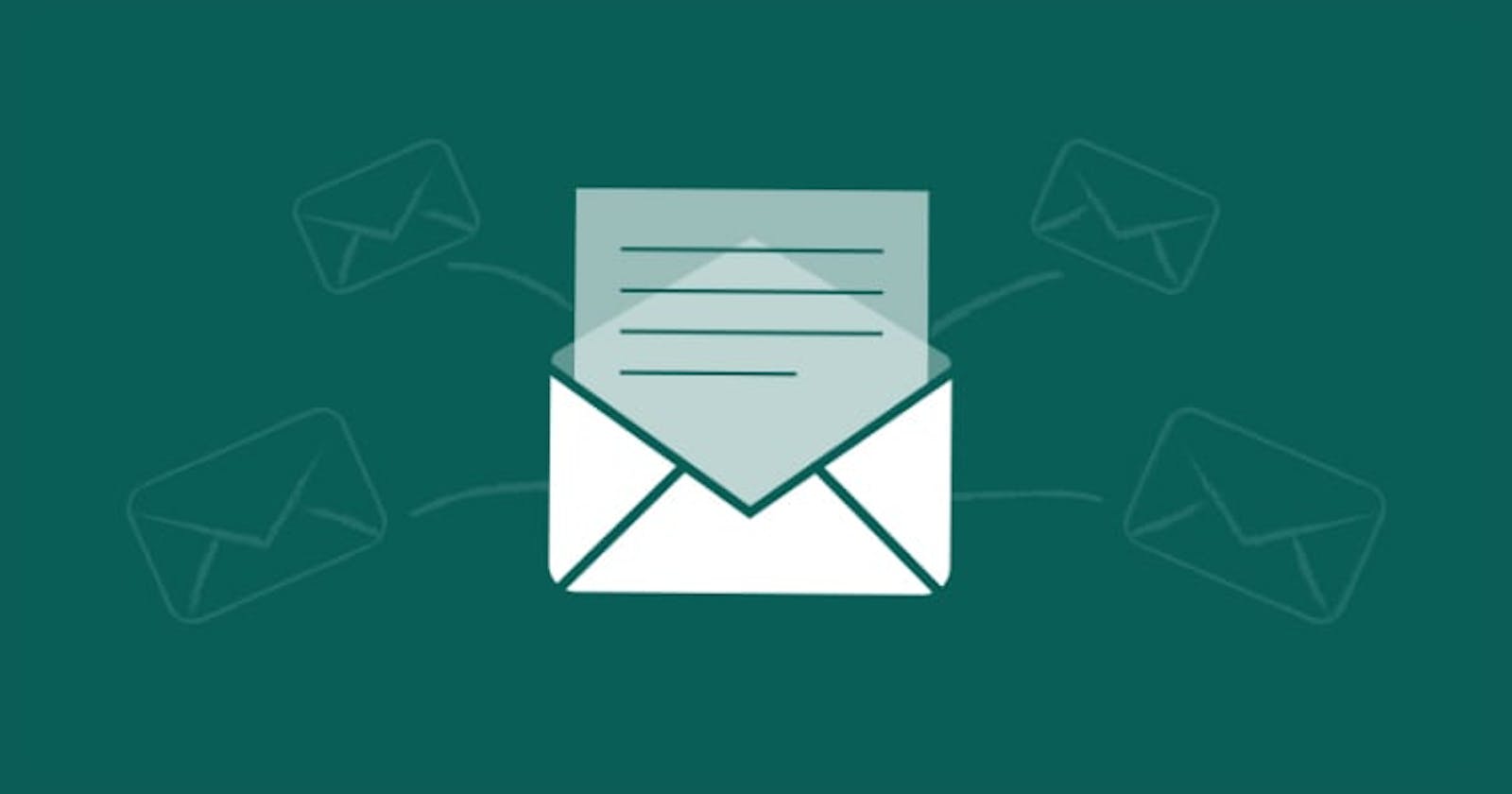In today's fast-paced digital world, where consumers are bombarded with an endless stream of content, email marketing remains a powerful tool for businesses to connect with their audience. With the potential to reach millions of people worldwide, email marketing offers a direct and personalized approach that can drive engagement, conversions, and ultimately, business growth. In this blog post, we'll explore the ins and outs of email marketing, uncovering strategies to maximize its impact and drive results.
The Power of Email Marketing
Email marketing has stood the test of time, remaining a cornerstone of digital marketing strategies for businesses of all sizes. Its effectiveness lies in its ability to deliver targeted messages directly to a subscriber's inbox. Unlike social media platforms or search engines, where algorithms dictate reach and visibility, email allows businesses to maintain control over their messaging and directly engage with their audience.
Building Your Email List
At the heart of any successful email marketing campaign is a quality email list. Building an engaged subscriber base starts with offering value to your audience. This could be through gated content, exclusive offers, or informative newsletters that provide valuable insights or entertainment. By offering something of value in exchange for an email address, you not only grow your list but also establish a relationship with your audience from the outset.
Crafting Compelling Content
Once you have a solid email list in place, the next step is to craft compelling content that resonates with your subscribers. Personalization is key here. Addressing subscribers by name and segmenting your list based on interests, demographics, or purchase history allows you to deliver tailored content that speaks directly to their needs and preferences. Whether it's promotional offers, product updates, or educational content, every email should provide value and encourage action.
Designing Engaging Emails
In addition to compelling content, the design of your emails plays a crucial role in capturing and retaining your audience's attention. A visually appealing layout, concise copy, and clear call-to-action buttons are essential elements of effective email design. Mobile responsiveness is also non-negotiable, as more and more people access their emails on smartphones and tablets. By ensuring your emails are optimized for all devices, you maximize their impact and reach.
Nurturing Customer Relationships
Beyond promotional emails, email marketing offers an opportunity to nurture customer relationships over time. Automated email sequences, such as welcome emails, abandoned cart reminders, and post-purchase follow-ups, allow you to stay top-of-mind with your audience and guide them through the customer journey. By providing relevant and timely communication at each stage, you can build trust, loyalty, and ultimately, repeat business.
Measuring and Optimizing Performance
One of the greatest advantages of email marketing is the ability to track and measure its performance in real-time. Metrics such as open rates, click-through rates, and conversion rates provide valuable insights into the effectiveness of your campaigns. By analyzing this data, you can identify what's working well and where there's room for improvement. A/B testing subject lines, email copy, and design elements allows you to optimize your campaigns for maximum impact.
Staying Compliant with Regulations
As with any marketing channel, it's important to adhere to regulations and best practices to ensure the success and integrity of your email marketing efforts. In particular, compliance with data protection laws such as the General Data Protection Regulation (GDPR) and the CAN-SPAM Act is essential. This includes obtaining consent from subscribers before sending them marketing emails, providing a clear way to opt-out, and honoring unsubscribe requests promptly.
Conclusion
Email marketing remains a powerful and cost-effective way for businesses to connect with their audience, drive engagement, and achieve their marketing goals. By focusing on building a quality email list, crafting compelling content, designing engaging emails, nurturing customer relationships, and measuring performance, businesses can maximize the impact of their email marketing efforts. With the right strategy and execution, email marketing has the potential to deliver significant returns on investment and drive long-term success in today's digital landscape.

